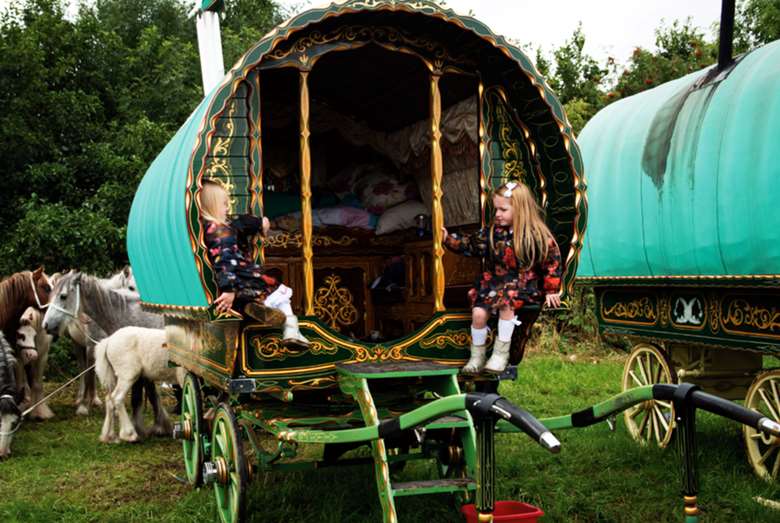Prejudice blamed for major rise in Roma and Traveller children in care
Tristan Donovan
Thursday, February 8, 2018
A study has blamed a lack of professional understanding and prejudice within child protection services for the massive spike in the numbers of Roma and Traveller children being taken into care.

The number of Roma and Traveller children in care in England has risen from 50 in 2009 to 410 in 2017 - an increase of 720 per cent.
In comparison, over the same period there was a 19 per cent increase in the total number of children in care.
The report, Fragility of Professional Competence, put together by the University of Salford for the European Roma Rights Centre, blamed the increases on several factors including prejudice among children's professionals, unsuitable training and workload pressures.
Daniel Allen, who co-wrote the report alongside Sarah Riding, said: "Although there are some examples of good child protection practice in England, what we found is a worrying level of prejudice toward Gypsy, Roma and Traveller people.
"These communities are already marginalised, and these kind of attitudes by child protection professionals can only harbour further division and resentment."
A failure to pre-reflect on cases to ensure action is taken only due to concerns about a child's welfare and a shortage of specialist resources for professionals to call on were also cited as factors.
As one child protection worker told the researchers: "I don't want to discriminate. I want to understand, but I have no resources to work with these communities. I have no specialist services that I can liaise with, I have to phone charities for interpreters, but they are overstretched."
The report recommends that local authorities follow the example of Haringey, which has a specialist Travelling Peoples Team, which uses community development workers to "provide an essential bridge between child protection professions and Romani and Traveller communities".
It also advised that professionals - including directors of children's services, lead members for children's services and independent reviewing officers - receive training on child protection work with Roma and Traveller families.
The Department for Education, meanwhile, should develop national guidelines on safeguarding Roma and Traveller children.
The report also noted that information about children at risk in mobile Roma and Traveller families can be lost and suggested that councils and other services involved in child protection work together to develop a coherent, national policy on how to work with these children and share information.




